Scorpiophobia: a mysterious, debilitating fear of scorpions that can disrupt your daily life – but what causes it and how can it be tamed?

What Is the Fear of Scorpions Phobia Called?
Imagine you're at a dinner party when a scorpion nonchalantly saunters across your dessert plate – a surefire way to kill the mood, wouldn't you agree?
This common eight-legged creature is often found in many households, particularly in warmer climates. But for some of you, the sight of a scorpion might trigger more than just a mild discomfort; it could send you into a state of intense fear or panic.
This condition, often referred to as Scorpiophobia, presents a wide range of symptoms and can significantly affect your daily life.
So, what exactly causes this fear, and more importantly, how can it be managed? Let's explore.
Key Takeaways
- Scorpiophobia is the fear of scorpions, classified as a specific phobia.
- Common symptoms of scorpiophobia include intense anxiety, panic attacks, and avoidance behaviors.
- The fear may be triggered by real scorpions, images, or thoughts of scorpions.
- Coping mechanisms such as cognitive behavioral therapy, exposure therapy, and relaxation techniques can help individuals manage scorpiophobia and lead fulfilling lives.
Understanding Scorpiophobia
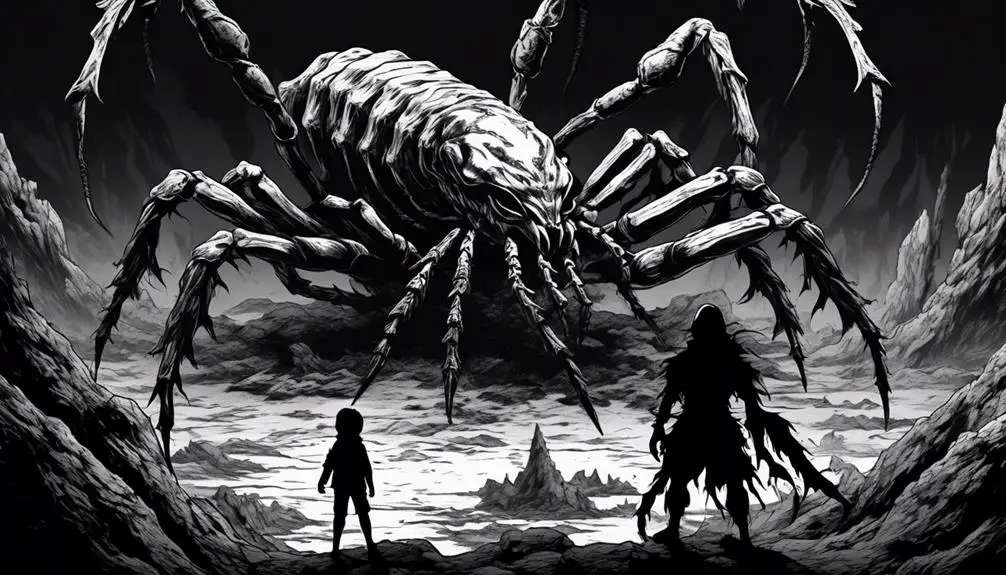
While you may think of scorpions as merely intimidating creatures, for those with Scorpiophobia, they represent a source of intense, irrational fear. This phobia, although not as common as some others, holds significant prevalence in societies where scorpion encounters are frequent. It's a fear that's deeply rooted in the individual's psyche, often triggered by firsthand experiences or narratives of painful, threatening scorpion encounters shared by others.
Scorpiophobia prevalence isn't restricted to geographical zones where scorpions are common, though it's understandably higher in such regions. People everywhere can harbor this fear, sometimes even without having had a single scorpion encounter. It's often the idea of the scorpion, fueled by frightening media portrayals or distressing stories, that instigates the fear.
Scorpion encounter experiences can range from harmless sightings to painful stings. For someone with Scorpiophobia, even the harmless encounters can trigger panic attacks, excessive sweating, rapid heartbeat, and feelings of dread. These symptoms can be crippling, affecting the individual's daily life and mental wellbeing.
It's important to empathize with those who've Scorpiophobia, as it's not a mere dislike for scorpions but a severe, irrational fear that can cause discomfort and distress. Just like other phobias, Scorpiophobia deserves understanding, patience, and professional help to manage the fear. The first step towards helping those afflicted is understanding the nature of Scorpiophobia—its prevalence, the role of scorpion encounters, and the psychological responses it triggers. With this knowledge, you can support those around you who may be silently battling this fear.
Common Symptoms of Scorpiophobia

If you or someone you know suffers from Scorpiophobia, being aware of the common symptoms can provide a critical first step towards understanding and managing this fear. This phobia, like others, can manifest differently in each individual. However, several symptoms are generally indicative of Scorpiophobia.
Physically, you may experience an increase in heartbeat, shortness of breath, dry mouth, or trembling at the thought of or actual encounter with scorpions. These reactions are your body's natural response to what it perceives as an immediate threat. Yet, for those with Scorpiophobia, these reactions occur even when there's no actual danger.
Scorpiophobia triggers can vary. Some people might react to images, while others may feel fear upon hearing the word 'scorpion'. Real-life encounters with scorpions, or even visiting places where scorpions are likely to be, can also trigger symptoms.
Scorpiophobia in children can be particularly distressing. Children might have nightmares about scorpions, or an intense fear of places they believe could house these creatures. They may also exhibit a persistent need for reassurance that there are no scorpions around.
Psychologically, Scorpiophobia can lead to anxiety and panic attacks, often resulting in avoidance behaviors. You might avoid certain activities like camping or hiking, or even watching TV shows or movies that might show scorpions.
Causes Behind Scorpion Phobia
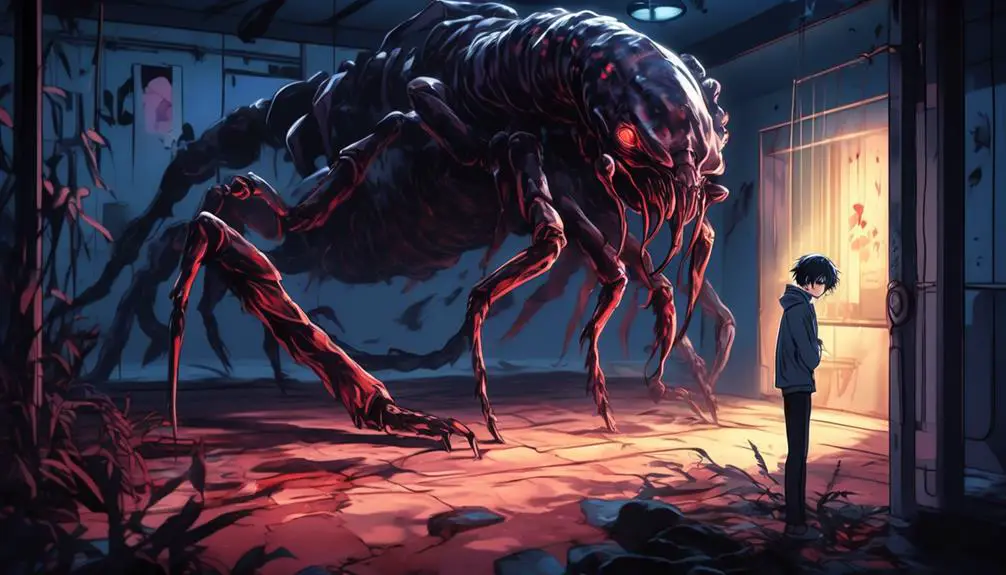
Understanding the root causes of Scorpiophobia can help you manage your fear more effectively. The origins of this phobia are multifaceted, often stemming from a combination of personal experiences, cultural influences, and psychological factors.
Let's first delve into phobia origins. Phobias often originate from negative experiences or traumatic events. For instance, you might've had a distressing encounter with a scorpion in your past, which has left a lasting impact. Even witnessing someone else's frightful encounter can trigger Scorpiophobia.
Cultural influences also play a significant role. Some cultures associate scorpions with danger, death, or evil, reinforcing fear. Folklore, myths, and media representations often exacerbate these negative connotations. For instance, if you've grown up in an environment where scorpions are viewed as deadly, this perception may have been ingrained in your psyche, leading to Scorpiophobia.
The psychological aspect shouldn't be overlooked either. Scorpions, with their venomous sting and menacing appearance, can be a source of fear for many. If you're predisposed to anxiety or fear, such stimuli might trigger an intense phobic reaction to scorpions.
In some cases, Scorpiophobia might be linked to a broader fear of insects or arachnophobia, a fear of spiders. This phenomenon is known as an 'overgeneralization' of fear.
Diagnosing Scorpiophobia
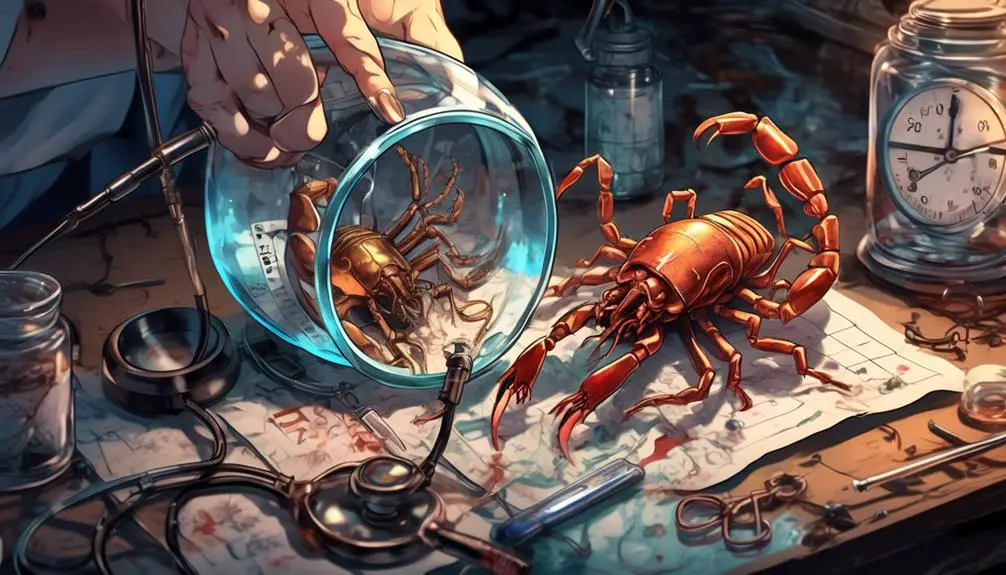
Identifying Scorpiophobia involves a careful examination of your emotional and physiological responses to scorpions and related stimuli. If your fear of these creatures triggers symptoms like excessive sweating, rapid heartbeat, nausea, or intense anxiety, you might be grappling with Scorpiophobia.
Diagnosing this phobia often requires a comprehensive review of your personal history, as well as your experiences with scorpions. It's important to differentiate between a rational fear based on a traumatic encounter and an irrational one that escalates into a full-blown phobia.
Scorpiophobia prevalence rates can be influenced by several factors, including geographic location. If you live in an area where scorpions are common, you're more likely to develop this phobia. Phobia cultural influences also play a role. For example, societies that depict scorpions as dangerous or evil creatures can inadvertently reinforce Scorpiophobia.
Once a diagnosis of Scorpiophobia is made, it's crucial to seek treatment to mitigate the impact on your daily life. The good news is that phobias are treatable, and with the right help, you can learn to manage your fear effectively.
Treatment Options for Scorpiophobia
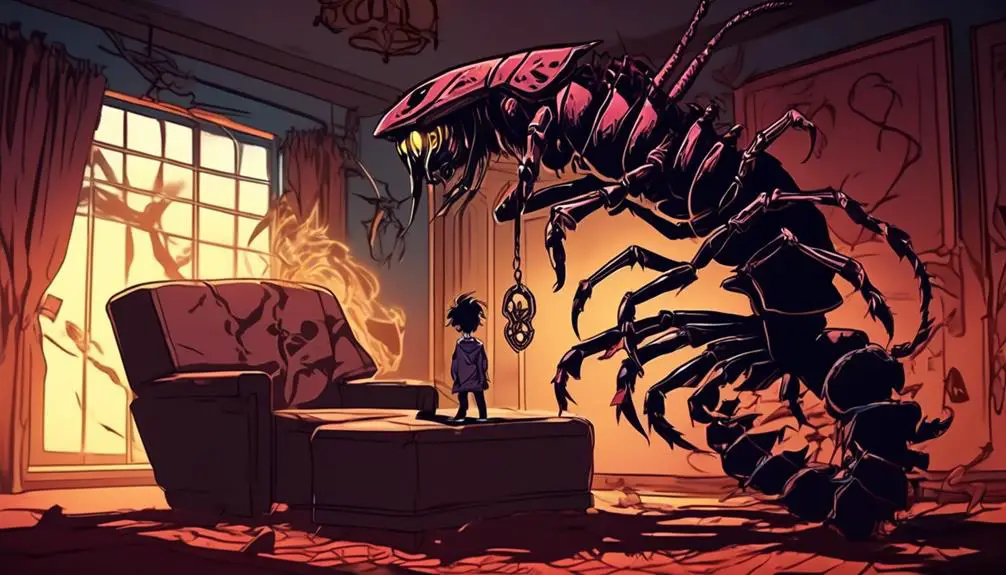
Once you've been diagnosed with Scorpiophobia, it's time to explore the various treatment options available to help you manage this debilitating fear. The path to overcoming your fear of scorpions can be navigated through a combination of traditional and alternative therapies, each with varying degrees of effectiveness.
Firstly, consider the benefits and drawbacks of phobia medication. Generally, these drugs are effective in reducing acute symptoms of anxiety and panic but shouldn't be seen as a long-term solution. Phobia medication effectiveness often relies on concurrent therapeutic interventions for lasting relief. Always consult with your healthcare provider to understand the potential side effects and whether this option fits your unique situation.
Alternative therapy approaches can also be beneficial. Cognitive-behavioral therapy (CBT), for instance, is widely recognized as one of the most effective treatments for phobias. It's a structured approach that helps you understand and change thought patterns leading to fear and anxiety. Exposure therapy, a subtype of CBT, gradually exposes you to the fear trigger, in this case, scorpions, to help desensitize you over time.
Moreover, mindfulness and relaxation techniques, such as deep breathing, yoga, or meditation, can help manage the physiological symptoms of anxiety. Additionally, hypnotherapy has shown promise in treating phobias by accessing the subconscious mind and altering the fear response.
Living With Scorpiophobia: Personal Stories

Navigating life with Scorpiophobia can feel like an uphill battle, as illustrated by the personal accounts of individuals who've experienced this intense fear firsthand. The phobia impact on their daily lives is significant, often leading to heightened stress, anxiety, and even avoidance of certain environments or situations.
Consider Sarah, a 35-year-old woman who's lived with Scorpiophobia since childhood. She avoids outdoor activities that could potentially place her in scorpion habitats. This avoidance has limited her travel experiences and even impacted her career choices. The fear, though irrational to others, is real and debilitating for her.
Emotional coping mechanisms play a crucial role in these individuals' lives. They've to continuously strategize ways to manage their fear and anxiety, often seeking help from therapists or support groups. For instance, John, a 52-year-old man living with Scorpiophobia, has found solace in cognitive behavioral therapy, which has helped him to challenge his irrational fears and slowly desensitize himself to the thought of scorpions.
Yet, it's important to note that the journey to coping isn't linear. There are good days and bad days. There are moments of setback and moments of victory. But with persistence, the right support, and effective coping strategies, it's possible to live a fulfilling life, despite the presence of Scorpiophobia.
Living with Scorpiophobia is challenging, but these personal stories shed light on the resilience of the human spirit and the power of emotional coping strategies in overcoming fear. The road to managing this phobia may be steep, but it's certainly not impossible.
Conclusion
Living with Scorpiophobia can be challenging, but it's important to remember you're not alone. It's a real, recognized phobia with specific causes and symptoms.
Fortunately, there are numerous treatment options available to help you manage your fear. Recognizing and understanding your phobia is the first step towards recovery, and seeking professional help can guide you towards overcoming your fear of scorpions.
Stay strong, and remember, every step you take is a step towards a life free of fear.
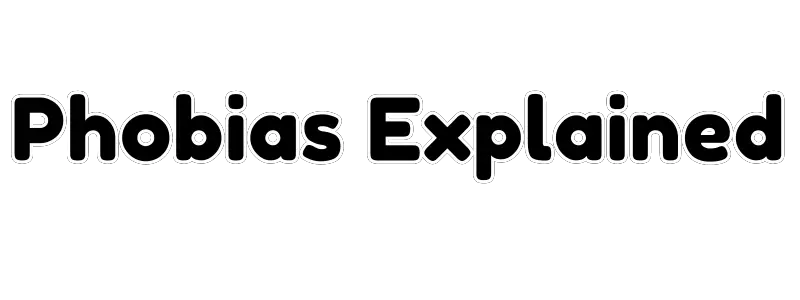

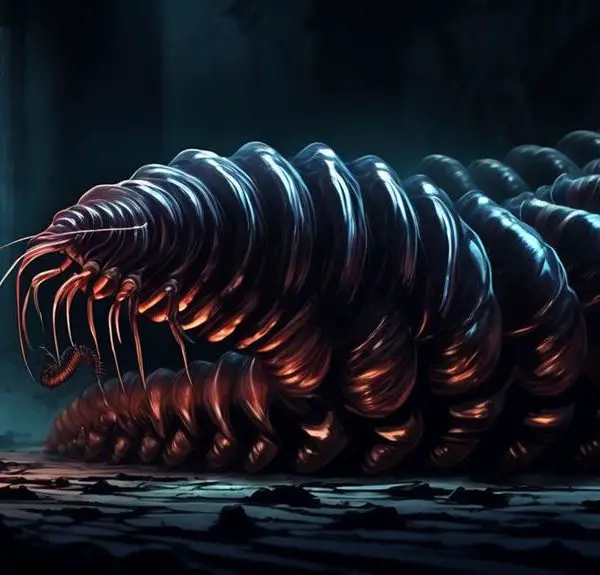
Sign up